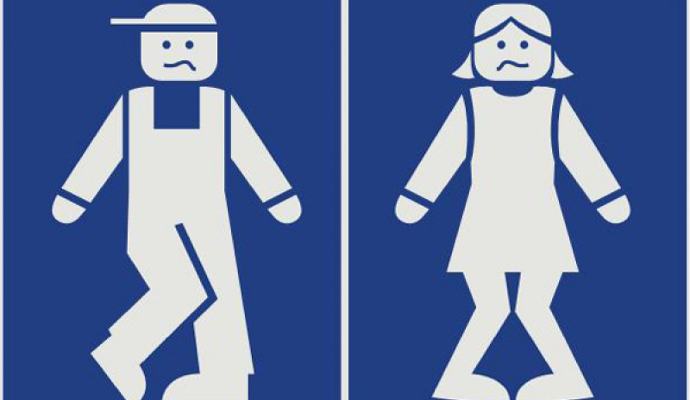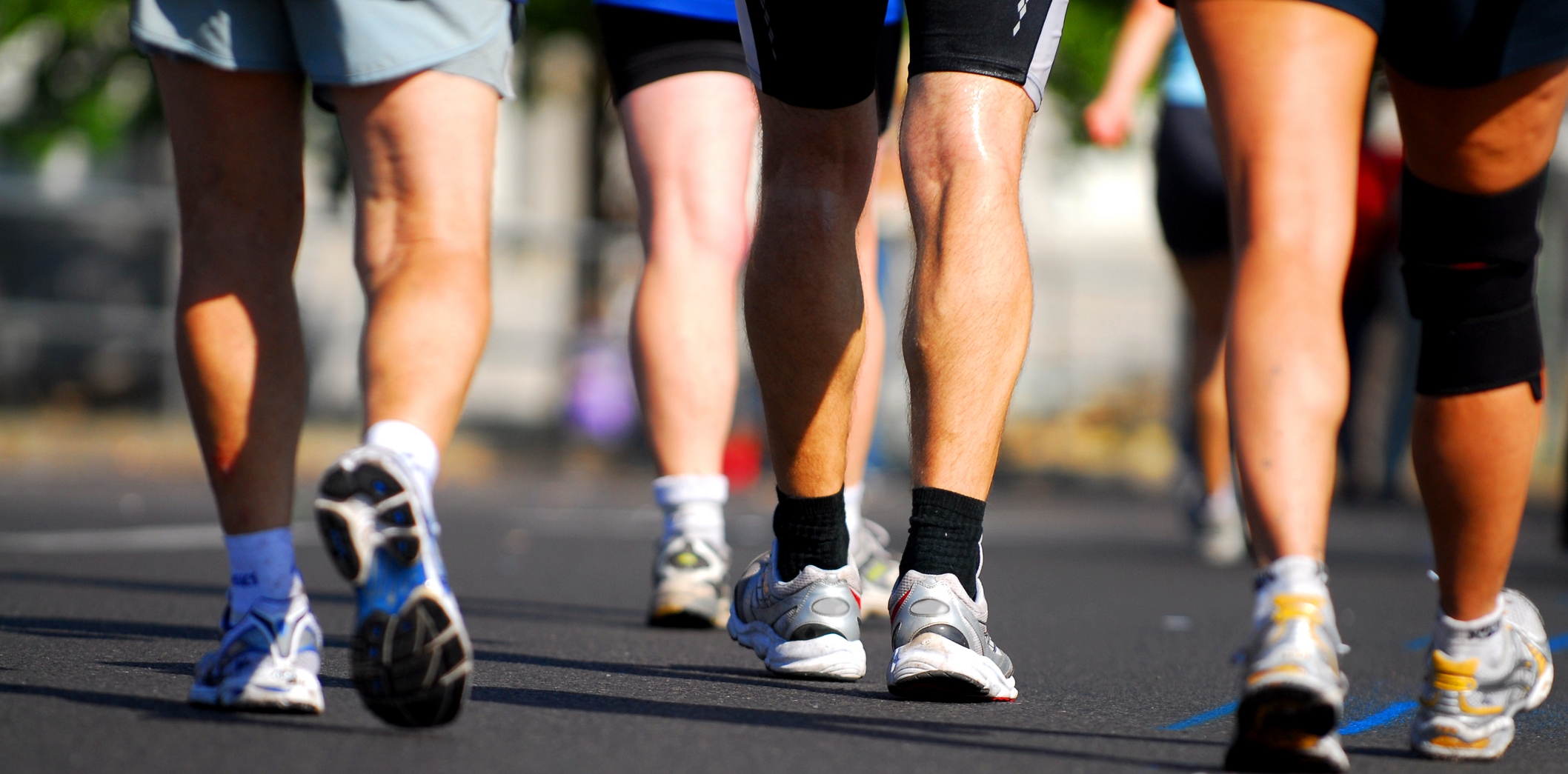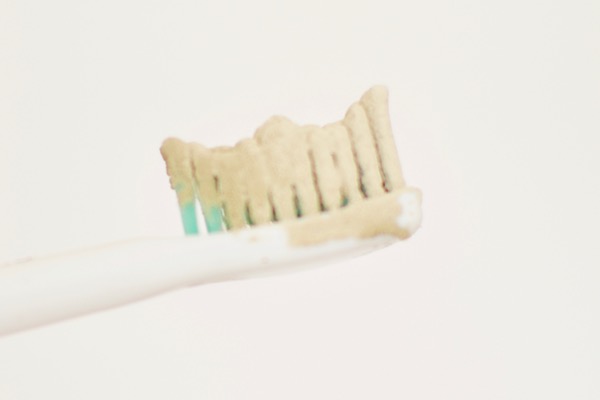What is stress incontinence, anyway?
The term “incontinence” refers to the unintentional loss of urine. If you’ve ever heard anyone say, “I laughed so hard I peed”, that was a form of incontinence. Incontinence is one of the side effects of pregnancy, but did you know that stress can cause the problem as well? That’s right — stress incontinence is a thing and it’s more common than you think.
Many people wonder, “What is stress incontinence?” Simply put, it’s a form of incontinence caused by any sort of physical activity or movement that places pressure on the bladder. You can be running, coughing, lifting heavy items, sneezing, or laughing, and the pressure on your bladder will trigger a small release of urine.
The good news is that stress incontinence has nothing to do with psychological stress. You don’t have to worry that your fast-paced life is going to cause you to pee. No, the term “stress” refers to the stress on the muscles of the urinary tract and bladder.
How can you tell if you have stress incontinence? The symptom of this problem is urine leaking when you have sex, exercise, lift heavy items, get out of a car, laugh, stand up, sneeze, or cough. Basically, anything that places pressure on the bladder can cause the problem. Now, be warned, you’re not going to pee EVERY time you laugh, cough, sneeze, or stand up. Stress incontinence isn’t a constant thing, but it will happen more often than you’d like. If you find yourself peeing as a result of activity or movement, it’s a good idea to get to the doctor.
But why are you peeing? What’s causing the problem? The sad truth is that this type of incontinence is caused by a weakness of the muscles in your pelvic floor. These muscles support your bladder and regulate the release of urine. If the muscles are weakened, they are unable to hold your bladder closed as it fills with urine. When pressure is placed on the bladder, the urine leaks out because your muscles can’t hold it closed.

READ MORE: A Strong Vaj Is A Good Vaj
Childbirth is one of the most common causes of pelvic floor muscle weakening. For men, prostate cancer is the most likely cause. However, other things that can contribute to the problem include:
- Obesity
- Chronic illnesses that involve sneezing and coughing
- Too much alcohol or caffeine
- Smoking
- High-impact activities
- Hormone deficiencies
All of these things increase the chance that you will develop stress incontinence.
So now that you know what’s causing the problem, what can you do about it? Is there any way to prevent this urine leakage?
The good news is that stress incontinence is almost always fully treatable. Your doctor may recommend:
- Timing your fluid – This will help to prevent your bladder from filling up during moments of high activity (such as before your workout).
- Avoiding dietary irritants – In most cases, this will mean cutting out caffeine and alcohol. Eliminating them will help to restore healthy bladder function, and will give the doctor a chance to figure out if they’re increasing the risk of incontinence.
- Kegel exercises – These exercises are intended to strengthen the pelvic floor muscles. Just like you’d train your arms to be stronger, so too you can train the pelvic floor muscles to contract properly and hold your bladder closed.
- Regular toilet trips – Making regular trips to the bathroom can help to retrain your bladder, reducing the urge to urinate or defecate that can be a sign of incontinence. Emptying your bladder more often can help to reduce the severity of incontinence episodes.
Stress incontinence doesn’t have to plague you for the rest of your life, but you can deal with it!








